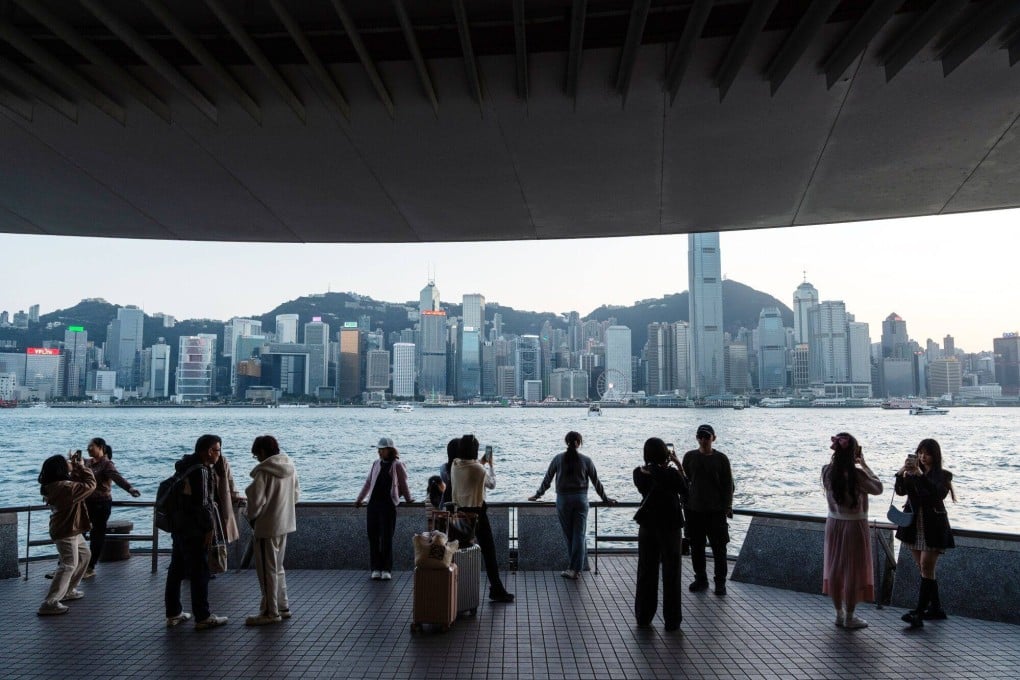Advertisement
Outside In | Hong Kong is changing. Too bad outsiders see only decline
- The city has had a rough ride and some things have faded, like the dominance of Western business leaders in Hong Kong’s executive suites
- But the city is stepping up its Greater Bay Area integration and making new connections with formerly neglected markets. Dramatic change is afoot
Reading Time:4 minutes
Why you can trust SCMP
15

The narrative predicting the imminent death of Hong Kong is alive and well, and it is probably as misplaced as it has ever been.
Advertisement
Ever since 1984, when Britain acceded in the Sino-British Joint Declaration to Chinese pressure to return Hong Kong when London’s colonial leases finally ran out in 1997, there have been those across the world predicting the imminent collapse of Hong Kong.
Most famous was the Fortune magazine cover story “The Death of Hong Kong” in June 1995, written by veteran correspondent Louis Kraar: “It’s time to stop pretending,” he wrote. “The naked truth about Hong Kong’s future can be summed up in two words: It’s over.”
Fortune’s sister publication, Time magazine, returned to the narrative in September 2001 with a little more caution: “Hong Kong is not quite dead, but it is bleeding.” When Kraar died in March 2006, Hong Kong’s death was still nowhere to be seen, though the narrative remained intact.
So it was fascinating to see the normally measured Stephen Roach, who formerly headed Morgan Stanley in Hong Kong and is now a faculty member at Yale, fall victim to the same doomsday narrative. Earlier this month, he wrote in the Financial Times, “It pains me to admit it, but Hong Kong is now over.”
Advertisement
For proof, Roach turns to Hong Kong’s appalling stock market performance – stock market capitalisation has halved since its peak in February 2021 – pro-democracy protests, “debt, deflation and demography” in China and the technology-focused US-China conflict.

Advertisement
